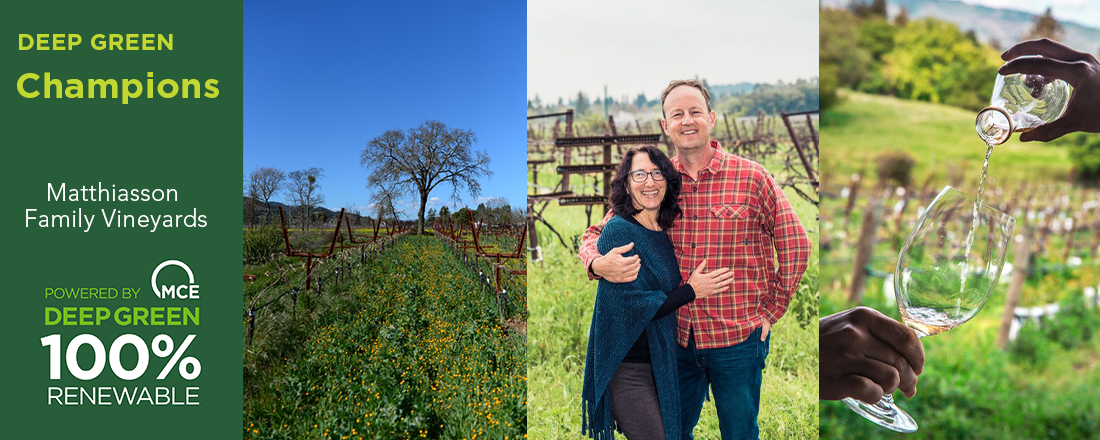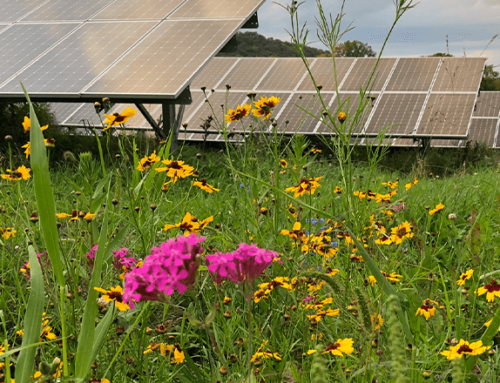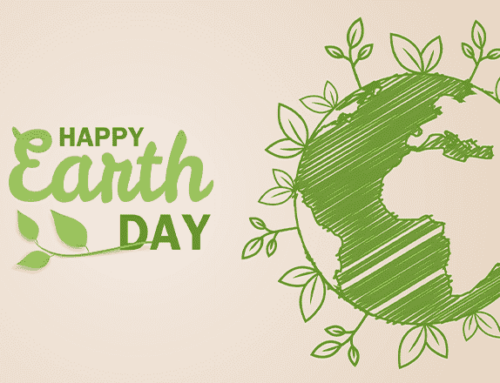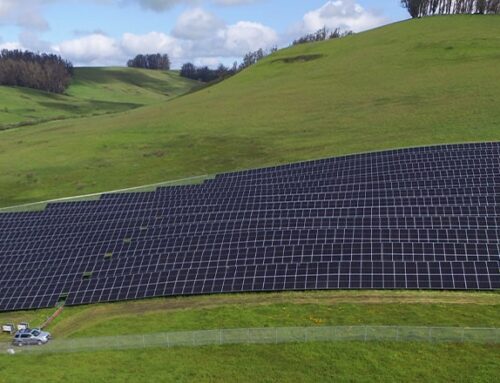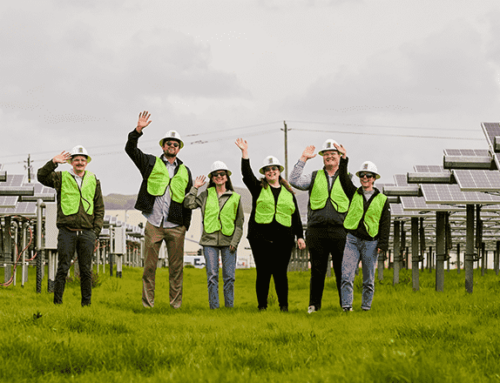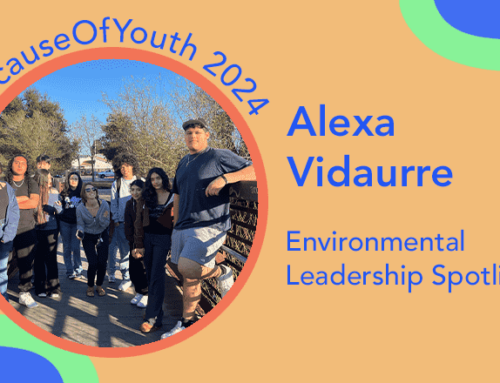Deep Green Champions are local businesses, nonprofits, and public agencies that have made a public commitment to purchasing 100% renewable energy to run their operations. Join us in supporting these climate action leaders!
This February, we’re excited to highlight MCE Deep Green Champion Matthiasson Wines in Napa County. Featured in the New York Times, James Beard six-time nominee, and San Francisco Chronicle 2014 Winemaker of the Year, the Matthiassons are leaders in the organic farming and California winemaking industry. We spoke with Jill Klein Matthiasson, owner of Matthiasson Wines, to learn more about the wines they make, their environmental farming initiatives, and how sustainability and climate action are part of their winemaking ethos.
What inspired you to choose MCE’s Deep Green 100% renewable energy service?
We are lifelong environmentalists and we have been interested in alternative energy sources for many years. Before we enrolled in Deep Green, we were seriously looking at installing solar, which would have been challenging. When we learned about MCE’s renewable energy option, we instantly switched because it’s as good as having your own solar on your house or commercial buildings. Deep Green is more efficient than each property having its own solar project. We’re now getting renewable energy to power our property and have replaced our gas usage with electric, which is really great.
Can you share with us how many vineyards you manage, the acreage, and wine production volume?
We farm 12 different vineyards. We’re also partners in a 35-acre vineyard that we converted to organic practices. We manage around 85 acres, with the majority in Napa County and one vineyard in Sonoma County. Our annual production is around 10,000 cases.
What types of wine do you produce and what’s coming up next for your releases?
Our biggest production is Chardonnay from the Linda Vista Vineyard, but we’re also well known for our Rosé and Napa Valley Cabernet Sauvignon. We specialize in unexpected varieties, including a few from the Friuli region in Italy. Our anticipated Rosé release is on Valentine’s Day. Some wines are released through our mailing list, and our limited production wines are available to order through our wine club membership.
How has climate change affected your vines and winemaking process?
If you’re a farmer, weather is something you think about every day because weather always changes. We’ve seen significant changes over the last 15 years. We harvest earlier now, which means that we start our activities earlier in the season. With everything being warmer, we changed the way we build our trellises to alter how much shade the grapes get. One major issue has been changes in the rainfall pattern. Last year’s rainfall was really low and the vines really suffered. The crop was smaller last year and will be small again this year. The biggest issue, though, has been the fires. Fortunately, due to the style of wine that we make, we can pick earlier, and we were spared any damage from the most recent fires since we had already harvested our grapes.
What is the winery doing to increase sustainability?
Our carbon footprint is something we’re always thinking about. Our vineyards are certified organic, and we’re seen as a leader in organic and regenerative farming. I worked in the nonprofit world for nearly 10 years, educating farmers about reducing pesticides. We’ve always been avid organic gardeners with sustainability as part of our ethos. We’re planning to purchase electric vehicles and tractors in the future. We also try to use the lightest possible weight glass for bottling to make sure our packaging is environmentally friendly. We also have chickens on the property and plan to get sheep this year to help with the weeds.
What are other exciting projects you’re currently working on?
We’re planning to become certified regenerative, which is a new certification that also includes labor practices and high standards to make sure vineyard workers have fair wages, health insurance, and a voice. We’re really excited about this program. The other big initiative is that we’re trying to get more diversity in the wine industry, which I think will help sustainability overall. We even had an ad hoc internship for training women in vineyard management, and we’re involved in The Two-Eighty Project, which is a weekly training for BIPOC folks to learn about vineyard practices.
Blog written by Monica Simpson-Ayan

